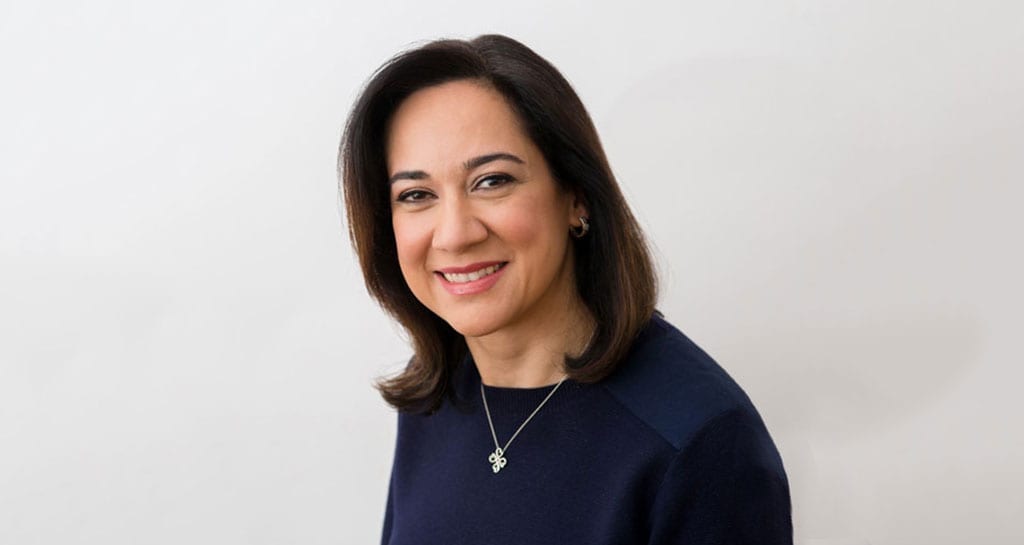If you are the parent of a 5th grader in public school and live in NYC you most likely went through the dreaded “middle school application process” and while there are many issues to discuss around the concept of “choice” in schools in NYC one particular aspect caught my attention. A few weeks ago, this group of anxious and eager 11 year olds received their middle school acceptance letters. Teachers and Principals sent the message home to be mindful of their classmates who may not have gotten into the school of their choice and to respect their privacy. But what does that really mean to an 11yr old? So I asked my 11yr old friends (full disclosure they are my 11yr old kid and group of friends) what they thought privacy means to them. Some said Privacy is “when grown ups leave me alone” or “when I don’t want to tell someone something about myself.” Pretty interesting coming from 5th graders. To them, the notion of privacy isn’t a particular rigid set of rules and regulations. Privacy is having agency over what information they choose to disclose or not depending on the situation.
It is remarkable that to these truly connected kids, most of them having a smartphone, tablet, laptop, etc., their concept of privacy did not initially go to the electronic medium they were using and the data points they were providing. Their conception of ownership of their information and deciding how they disclose was central to their idea for defining privacy. They did not define privacy by what people should not see, they see privacy as their ability to control their own information and decide what story their information would tell. And I see similar responses when I talk to college students. Their idea of privacy is related to the concept of ownership. For most of them it’s about being able to decide when and what they want to disclose whether it is in conversations with their friends or in their social media accounts.
So as I watched these anxious soon to be middle schoolers receiving their acceptance letters, I could see the anxiety of their parents looking over their shoulder and friends wanting to know what school they got accepted into. But most kids wanted to be able to decide how and when they disclosed this truly personal piece of their story.
So as we continue our conversations around student privacy, as we debate whether laws should be updated to reflect technological advances, lets take a step back and think about how kids feel about these conversations about them that for the most part don’t include them. We talk about student privacy, we discuss what children’s data should or should not be collected but we continually leave students on the sidelines watching the debate about them but not asking for their input.
So yes, we are the responsible adults and should be making decisions that we believe are in the best interests of our children. But I urge all of us to include students in this debate. How do they feel about their privacy? Are we making decisions about their privacy when they would want something different for themselves? After all, it is their data, it is their information, it is their story. They should have a say on how their story unfolds.


